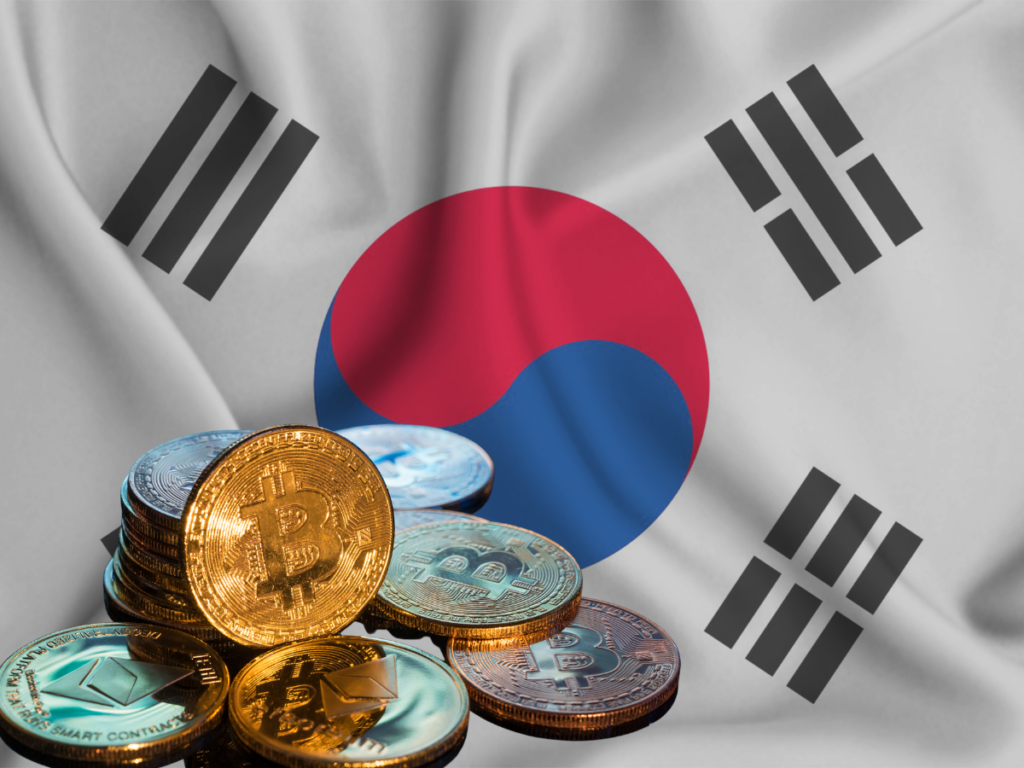South Korea’s global cryptocurrency trading success, including Upbit’s trade volume spike and South Korean traders’ considerable contribution to Binance.
Despite having only about 50 million people, South Korea has rapidly seized control of a sizeable percentage of the world’s cryptocurrency trading volume. But why has the industry enjoyed such great success? In its most recent report, Tiger Research investigates.
Upbit, a cryptocurrency exchange based in South Korea, saw a staggering 42.3 percent increase in trade volume last July, totaling $29.8 billion, according to cryptocurrency statistics provider CCData.
Upbit rose to the second place internationally among cryptocurrency exchanges as a result of this spike. The Wall Street Journal also revealed that South Korean users made up a startling 13% (or $58.3 billion) of Binance’s trade volume in May. This indicates that while Upbit has the second-largest trading volume globally, South Korean traders account for 13% of Binance’s trading volume.
Even more remarkable is the fact that Korean citizens account for 100% of Upbit’s trading volume. Upbit services are only accessible to persons with Korean citizenship and Korean Won bank accounts due to South Korean legislation.
The popularity of the cryptocurrency industry in South Korea is evident from the fact that 0.6% of the world’s population controls 10% to 20% of all cryptocurrency trading volume.
So why are South Koreans so interested in cryptocurrency?
The CEO of Tiger Research, Daniel Kim, argues how the country of South Korea’s cryptocurrency industry may have benefited from stringent anti-gambling laws: “Since the Special Payments Act was passed, South Korea has instituted stringent regulation and control over firms associated to cryptocurrencies.
“While scam instances at the exchange level are uncommon, fraudulent actions continue at the token project level. Investor confidence has been built thanks to asset segregation measures and the DAXA alliance’s oversight of the token listing and delisting processes.
“Second, millennials are familiar with token and coin investments, especially those in their 20s and 30s. A three-bedroom condo in Seoul’s Gangnam neighborhood costs more than $2.5 million, making real estate, historically South Korea’s favorite investment, increasingly out of reach for many. As a result, stocks and cryptocurrencies have become the main investment options for younger generations. Their confidence in exchanges, which is akin to their confidence in reputable securities businesses, is crucial.
“Finally, Korean investors’ propensity for risk is in line with the crypto market’s intrinsic volatility. The younger generation views cryptocurrency investments as similar to gambling, with the extra appeal of huge profits, despite the fact that gambling is mostly prohibited in South Korea, where there is only one state-designated casino that is lawfully functioning.
“Many of my contemporaries find the 10 to 20% annual returns of the regular stock market to be ‘boring’ in comparison to the thriving crypto market. In essence, the government’s strict anti-gambling laws have subtly directed many people’s gambling appetites onto the Bitcoin industry.












